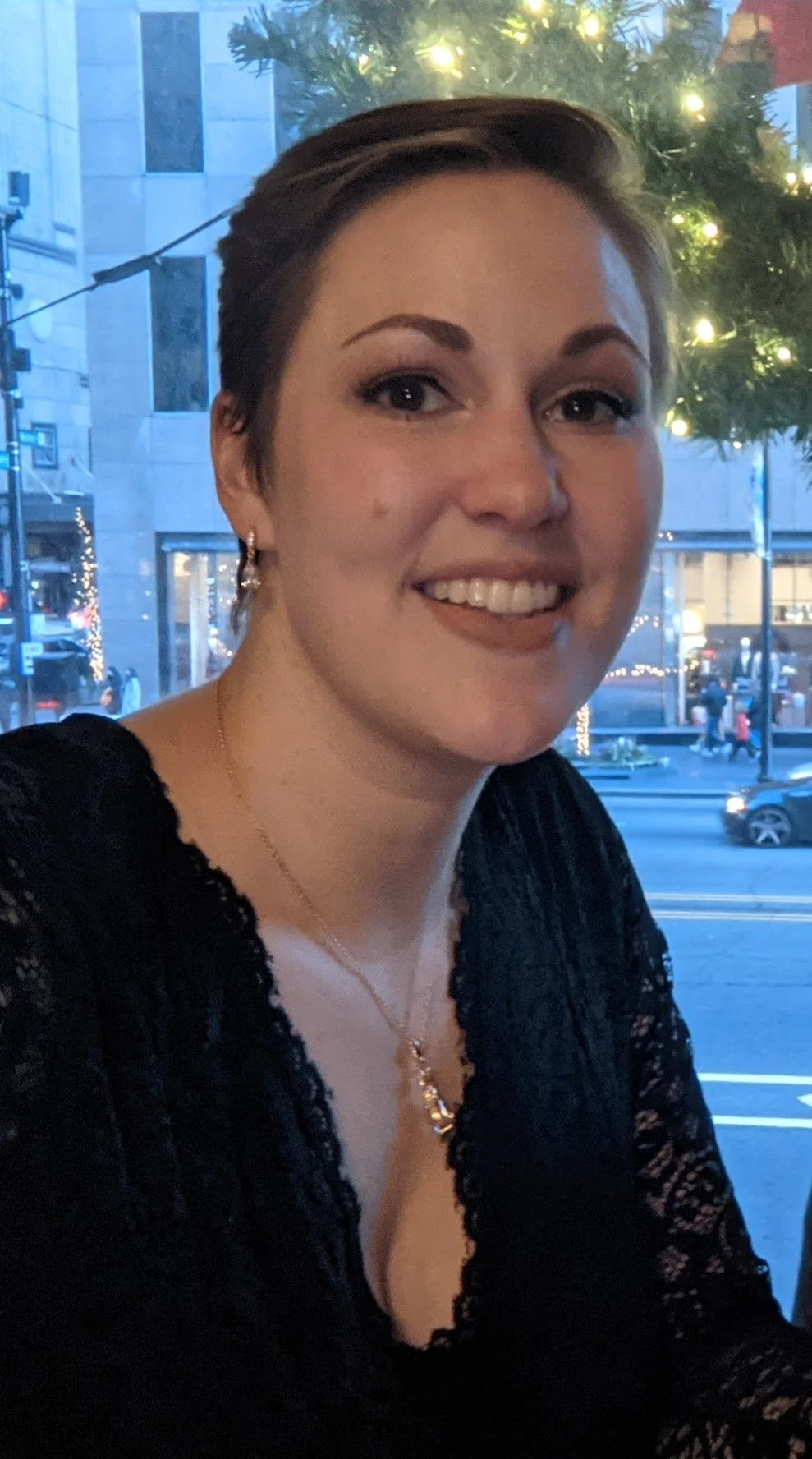A passion for changing how we talk about racial issues
12-01-2022
Alicia Reese is helping to facilitate discussions on anti-racism for the Presbytery of Chicago, transforming how these conversations are experienced.
Few topics in American society today have more potential to become heated than talking about racial issues. To broach subjects such as the 1619 Project, critical race theory or white fragility can invite exchanges that leave individuals more hardened in their way of thinking than before the conversation began.
That’s why Alicia Reese, M.Div.’16, keeps bringing up the topic of anti-racism. “These days,” she says, “my biggest passion is facilitating anti-racism dialogues…this work is a way of life, striving to be anti-racist and helping to move our systems and institutions to become anti-racist as well. Every day, everything I do, I keep my work in mind.”
Two years ago, Reese began serving on the Commission on Anti-racism and Equity for the Presbytery of Chicago. She, along with other members of the commission, have conducted process observations, looking at ways the Presbytery functions to help make sure policies and procedures are carried out in equitable ways. “We’re also using the anti-racist facilitator training we received to develop our own workshop on systemic racism, customized specifically to the context of the Presbytery,” she says.
Anti-racism efforts call for both identifying and opposing policies, behaviors, and beliefs that preserve and spread racially oppressive ideas and actions. It offers ways to eliminate racism at all levels of society, individual, institutional, and structural.
Building relationships is critical
The importance of having good relationships with one another is foundational to the life of a Christian, believes Reese, and perhaps nowhere more critical than in the work she does on anti-racism. “One of the ways this work grows is just by reaching out and building connections across the Presbytery,” says Reese. “Those relationships provide spaces to share stories and hear one another’s experiences. Those experiences speak much louder than me exclaiming, ‘racism is a problem; let’s dismantle it.’”
One of the biggest hurdles for some people entering a conversation about race is feeling that they don’t have the right terms or language for talking about racism and what is still a newer concept for many, anti-racism, notes Reese. “Many people feel that they are going to be judged for making a mistake,” she says. “It’s important that we all come to these conversations with good intentions, an openness and willingness to learn, and a lot of grace.”
Earlier this year, First United Church of Oak Park, where Reese serves as the associate pastor of Youth Ministry and Congregational Care, used fasting from whiteness as the church’s Lenten theme. “We focused on centering the voices of people of color in worship,” recalls Reese, who was ordained at the church last month. “We chose to use only hymns, poetry, liturgy, and prayers written by people of color. We also offered a six-week series, Tell Me the Truth About Racism. It's a storytelling-based curriculum designed for children, but we made it into an intergenerational series where people of all ages could participate.”
The church partnered with Oak Park’s St. Christopher's Episcopal Church for this series, sharing a meal before the presentation, and leaving time for reflection, questions, and debriefing. “It was powerful and everyone who participated was glad for this processing space,” adds Reese.
Embracing diverse relationships
Growing up at First Presbyterian Church in Arlington Heights, Illinois, a predominantly white suburb northwest of Chicago, Reese’s eyes were opened to how racially segregated Chicago is when she moved to the city in 2013. However, she found McCormick to be a place filled with cultural and religious experiences of all kinds. “McCormick was one of the first spaces that was not predominantly white for me,” she says. “Worship at McCormick was very different from anything I had ever experienced. And there was a very collaborative spirit between students and professors who were from a variety of backgrounds and races. I was able to learn about my siblings of other denominations and faith traditions. Being in that space was life-giving to me.”
Now living in Chicago’s Uptown neighborhood, Reese appreciates the racial and ethnic diversity there but says, “we are by no means living in a post-racial era. Wherever and whatever I do in ministry, my passion for the work of anti-racism will be part of it in some form or fashion.”


